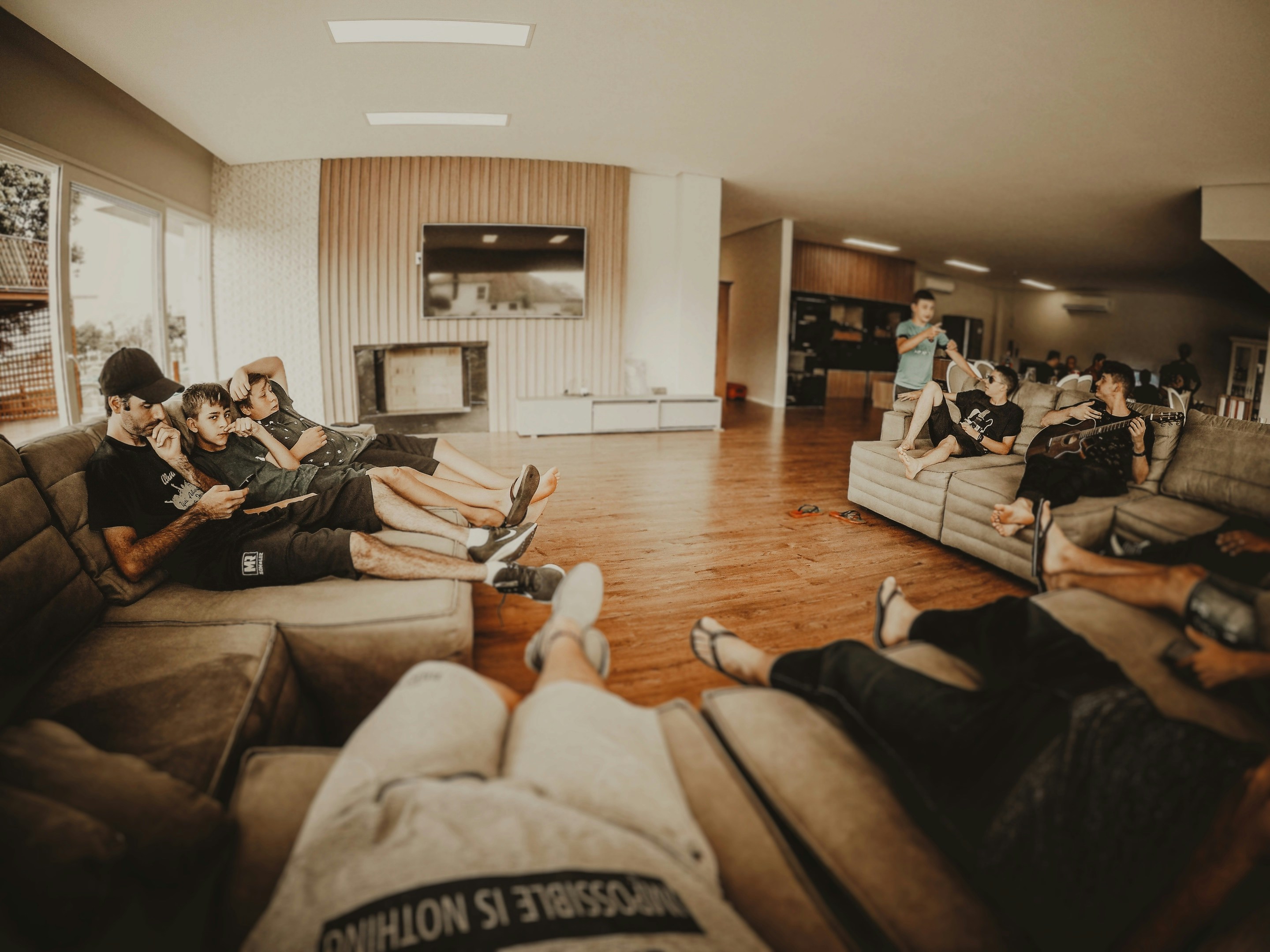Expert Reaction
These comments have been collated by the Science Media Centre to provide a variety of expert perspectives on this issue. Feel free to use these quotes in your stories. Views expressed are the personal opinions of the experts named. They do not represent the views of the SMC or any other organisation unless specifically stated.
Jennifer Montgomery, Research Associate, Victoria University of Wellington, and lead author of this paper, comments:
“This is the first peer-reviewed study in Aotearoa to centre the voices of rangatahi with lived experience of state residential care and the professionals who support them. It examined how culturally safe trauma-informed care is reflected in practice, policy, and models of care in state care and protection residences and group homes. Young people told us that being in care often felt unsafe and created additional trauma - especially when systems ignored their culture and voice. Real healing is possible when rangatahi are listened to, respected, and supported in safe, ongoing relationships where they feel they belong. The findings echo the systemic failings revealed by the Royal Commission and underscore why, amid moves toward punitive, boot camp–style approaches to youth, we must create a care system that heals - not harms.”



 New Zealand
New Zealand



